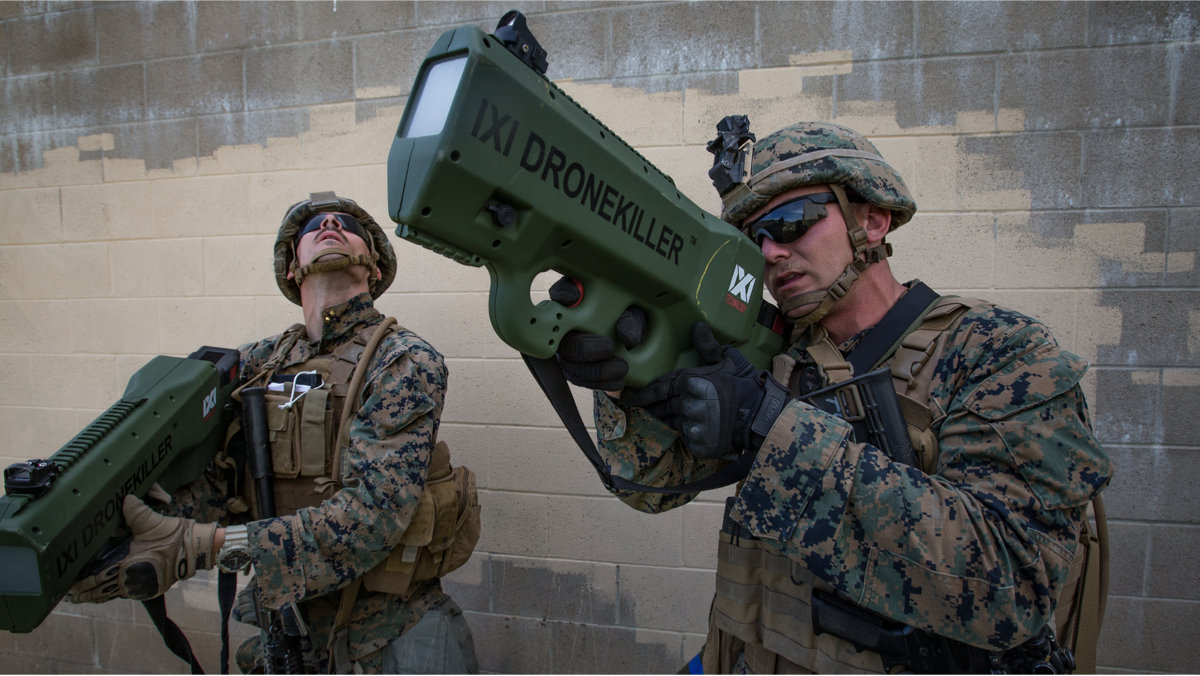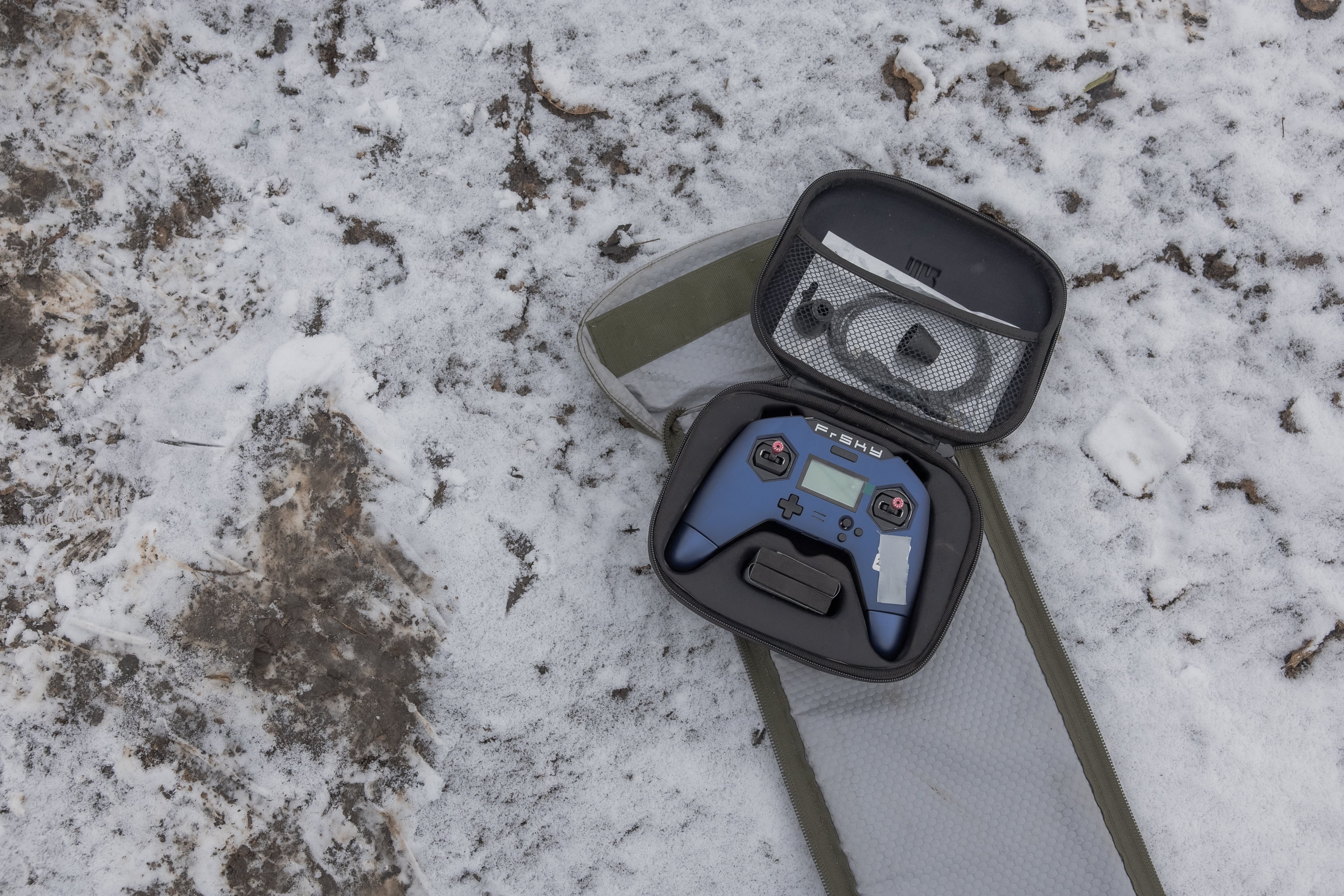Earlier this year, the Defense Digital Service — the Pentagon’s cadre of coders and hackers performing a short stint in government — finished the second phase of a pilot program to streamline cyber training for the Army.
The Army wanted to streamline two phases of cyber training: the Joint Cyber Analytics Course, or JCAC, which takes 27 weeks in Pensacola, Florida, and provides basic cyber training for joint forces that have no prior experience in cyber; and the more tactical training that happens at Fort Gordon in Georgia. Combined, the two phases take a minimum of 36 weeks.
To accomplish this, the Defense Digital Service, working with the Army Cyber Center of Excellence and a private vendor, built a course to conduct training in three months — everything a cyberwarrior needed to know from JCAC, said Clair Koroma, a bureaucracy hacker at DDS.
Phase two — which combines tactics involving hardware, offensive and defensive cyber, and networking — takes seven months. It excluded the classified course, Koroma added.
At this point, she said, DDS has transitioned all of its materials to the Cyber School, which will pick up the third phase of the pilot training, though DDS will still be available for assistance.
“The plan is that eventually the 17Cs, [who execute offensive and defensive cyberspace operations], will come to Fort Gordon on inception and do their entry and mid-level training at Gordon. They will run this as the course for those soldiers,” she said.
Koroma said success of the pilot will be measured from the operational world — evaluating the skill sets of the soldiers that graduate from the pilot program and comparing them to prior classes. Thus far, she added, no graduates from the pilot program have been overwhelmed in operations.
Students during the second pilot were also evaluated by senior leaders within the Army cyber community and commands where they might be assigned during their final project and presentation. Students needed to identify issues on the network and conduct an outbrief to these leaders.
“Senior leaders then got an opportunity to ask them questions,” Koroma said. “Every single person who was in that presentation said that they were impressed by the delivery of the students and the quality of the presentation that the students gave.”
In fact, Koroma said, there are two students she’s aware of whose orders were changed at the conclusion of training because leaders who attended the presentation wanted them on their team.
Mark Pomerleau is a reporter for C4ISRNET, covering information warfare and cyberspace.
More In








